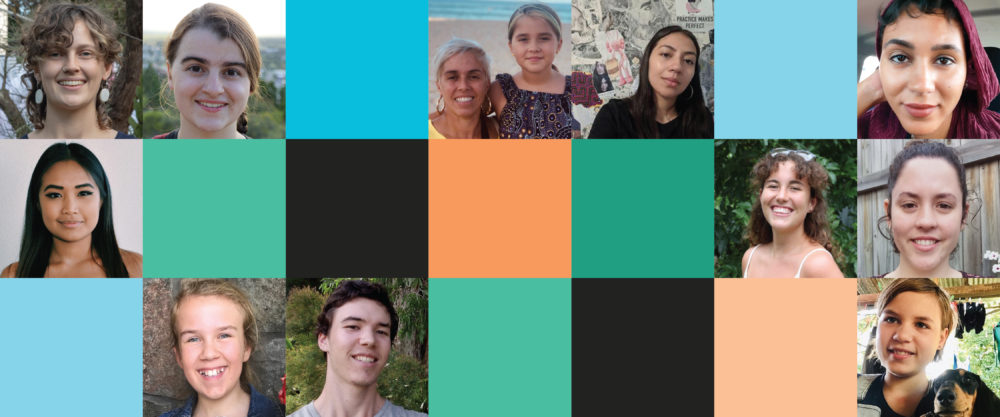Clive Palmer’s Waratah Coal has launched a legal bid to stop young Queenslanders, landholders and conservationists objecting to the massive Galilee Coal Project on human rights grounds.
The Galilee Coal Project is Waratah Coal’s proposed 40 megatonne per year thermal coal mine in central Queensland, currently being challenged in Queensland’s Land Court by a range of concerned community groups, farmers and other individuals.
Last week Waratah Coal applied to the Land Court to strike out a number of objections to the mine, including arguments under Queensland’s new Human Rights Act brought by EDO clients The Bimblebox Alliance – a group of local landholders and conservationists – and Youth Verdict – a collection of young Queenslanders fighting the mine over climate impacts.
Read more about the human rights case against the Galilee Coal Project
In a move that could have broader consequences for the fledgling Human Rights Act, lawyers acting on behalf of Waratah Coal argued that the law should not apply to mining objection hearings and that only individuals, not incorporated entities, have standing to seek ‘relief or remedy’ under the Act.
If Waratah Coal is successful, it could serve to restrict the application of the Human Rights Act by limiting the ability of organisations to bring human rights arguments to Court on behalf of vulnerable Queenslanders and by removing the ability to object to mines in the Land Court on human rights grounds.
Barristers Emrys Nekvapil and Kasey McAuliffe-Lake appeared in court to argue against the strike out application on behalf of our clients, supported by EDO solicitor Alison Rose and managing lawyer Sean Ryan.
“Our clients’ arguments include that the Galilee Coal Project breaches their human rights by fuelling climate change that puts the futures, lives and cultures of Queenslanders at risk,” said Mr Ryan.
“They are relying on section 58 of the Human Rights Act, which requires a public entity to consider human rights when acting or making a decision.”
Waratah Coal’s arguments include that the Human Rights Act does not apply to these mining objection proceedings, because the Queensland Land Court will ultimately issue a recommendation to the state government, an outcome they argue does not constitute a ‘decision’ or an ‘act’.
“Our clients’ arguments include that the Land Court recommendation and final government decisions are within the meaning of ‘decision’ intended by the Human Rights Act,” Mr Ryan said.
The strike out application also argues that Youth Verdict and The Bimblebox Alliance cannot rely on the Human Rights Act in their objections because our clients are incorporated entities, not individuals.
“Our clients’ arguments also include that a person under the Human Rights Act includes individuals and corporations by operation of the Queensland’s Acts Interpretation Act,” said Mr Ryan.
“If this legal action by Waratah Coal is successful it would serve to limit the application of Queensland’s new Human Rights Act and constrain the ability of charities to take action to protect human rights.”
The Land Court adjourned to consider arguments related to the Human Rights Act and is expected to make a decision in the coming weeks.







